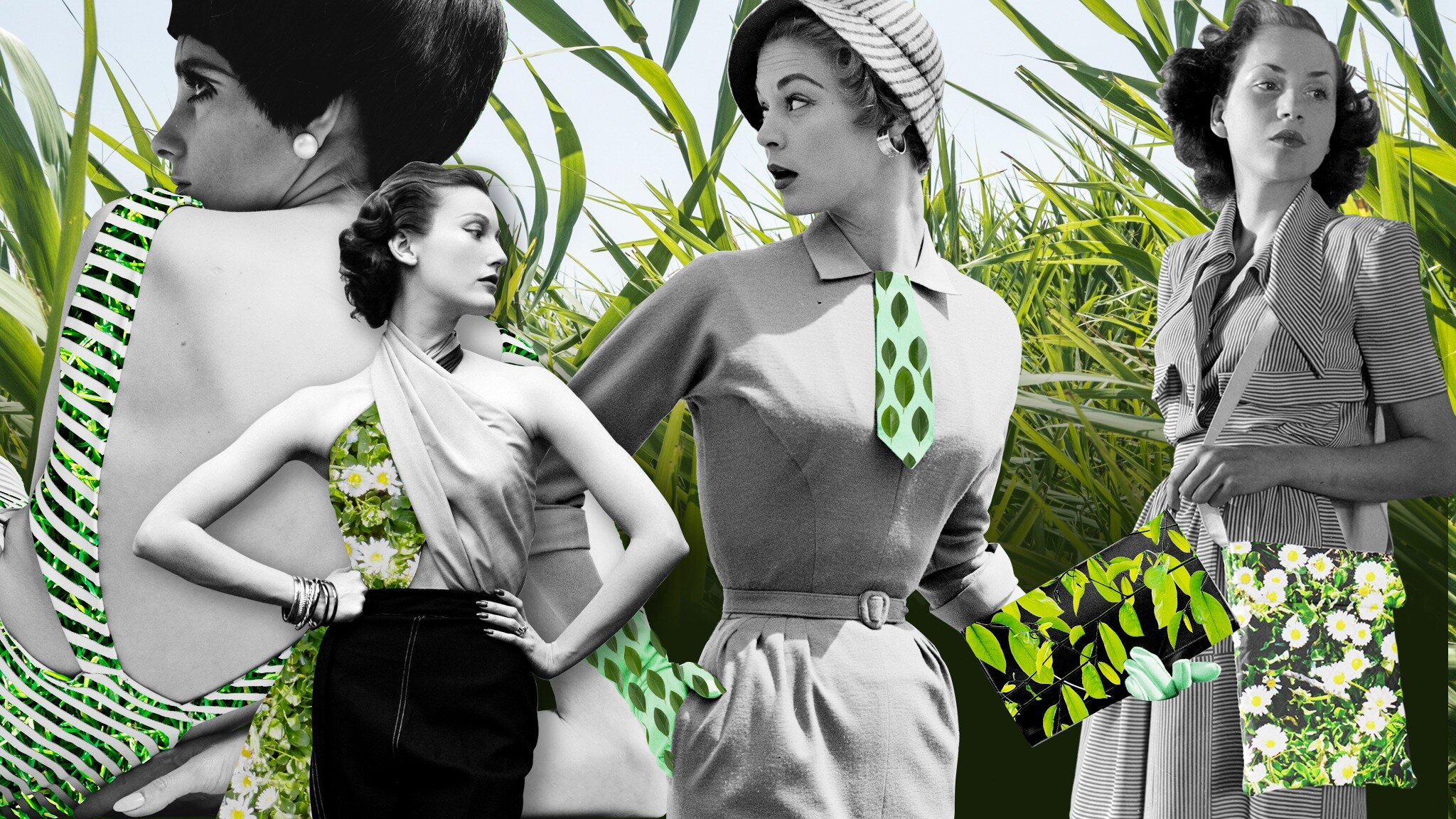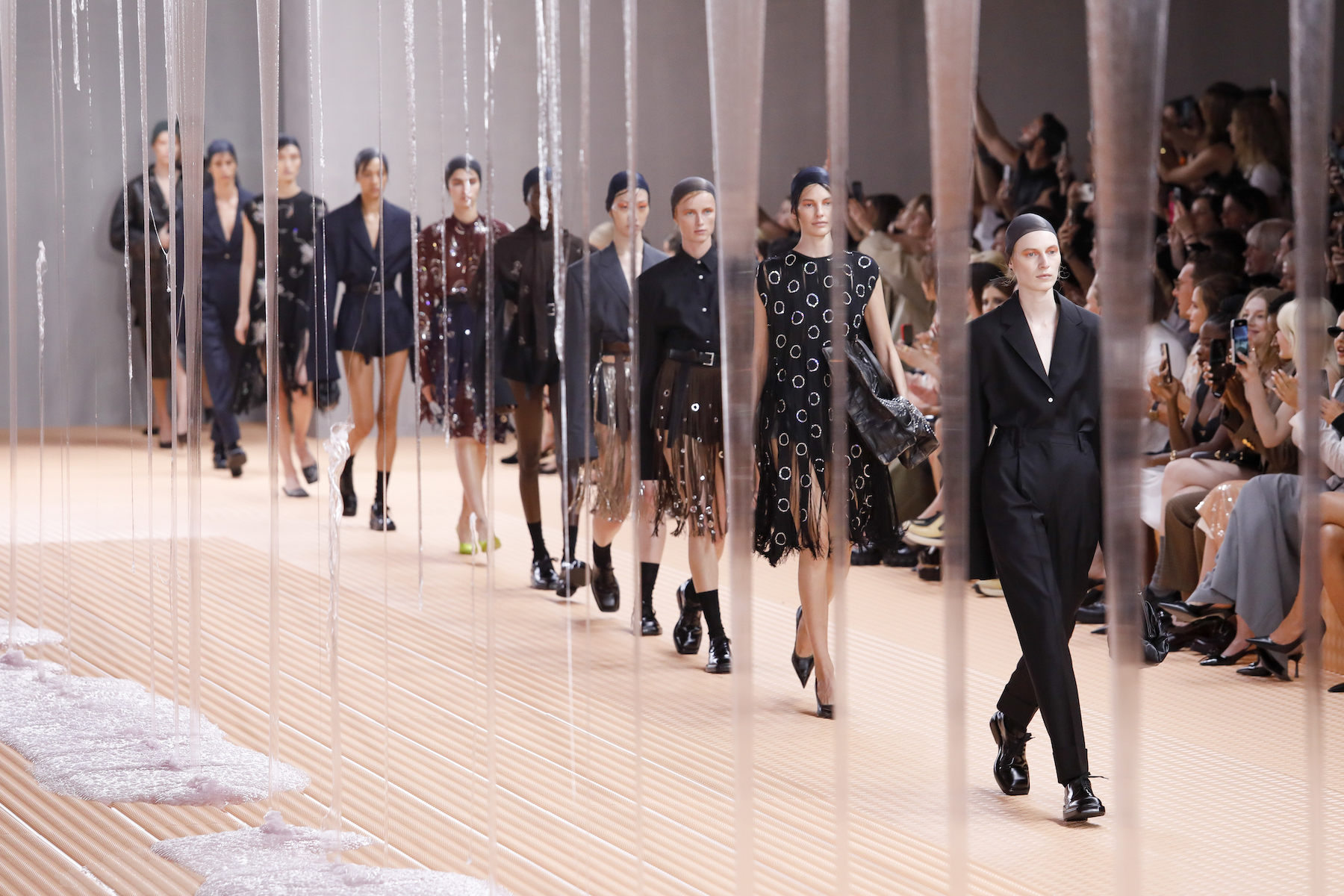Today I sat contemplating the meaning of the term ‘eco fashion’. I thought to myself, “If anyone should really understand the meaning of the above it should be me, as I have dedicated the best part of three years toward the creation of an eco fashion brand.” The problem is there is no point in me understanding the meaning if others can’t conceptualise the term, and how it may fit into their www.biutifuloficial.com. So here we are, and I am going to attempt to detail the meaning of ‘eco fashion’.
‘Eco fashion’ could quite literally be seen as two entirely different entities. Firstly the idea of ecological and environmentally sustainable ideas being somewhat of a trend, fad, or as it states fashion, something that may be washed away or brushed under the carpet in years to come. Secondly it can be viewed as fashion, as in clothing, accessories, perfumes, aftershaves and footwear, which is made with the environment in mind.
For the purpose of ‘eco fashion’ as apparel and its derivatives, the point to focus on is the statement that ‘eco fashion’ is fashion made with the environment in mind. What does this really mean? From my point of view it can mean one of four things;
– Fashion produced and created through the use of organic materials
– Fashion produced and created through the use of recycling of otherwise excess fabrics
– Fashion produced and created through the use of recycled materials not initially directly related to fashion
– Fashion produced and created that gives back directly to the planet.
These are my four categories and I think you will agree they capture the essence of ‘eco fashion’ fabulously. Under the above headings many designers, brands and labels have designed products that can appeal to the wider public, however currently the proportion of the population that really embraces products made under the ‘eco fashion’ title remains niche. This is by no means a problem because ‘eco fashion’ is young and has over 100 years or more of modern styling to compete with.
The more pressing question is to ask, “What will happen over the coming years?” Some might say it has already begun; is ‘eco fashion’ blending and merging with regular fashion? Has it become apparent that the ‘eco fashion’ route is not so much more expensive, and creates large benefits in comparison to regular production methods? Currently as a result of smaller scale designers, brands and labels, the law of economy of scale dictate, that anything done on a small scale will ultimately be expensive, but if ‘eco fashion’ moves mainstream and all processes are inherently eco friendly there will be no definition just a shift in foundation principles.
Some might question why I am writing this as I am one of the small producers of ‘eco fashion’ that will suffer as a result. Some might say customers, who would have sought out Excentree for its niche appeal, will no longer need Excentree. Well that is where you are wrong, yes we would no longer be niche, but it won’t be the customers who need us directly it will be the mainstream department stores, clothing stores and such like who will lend from our experience and expertise.
The proponents of ‘eco fashion’ have prepared for this period of change and it will be us at the forefront of the eco evolution. I for one will continue to champion the cause of mainstream ‘eco fashion’ because it can only benefit our people and our planet and unless I am mistaken the point of ‘eco fashion’ is to benefit both the customer and the planet, not to remain niche. Recently I have been dismayed when reading and listening to so called eco-gurus, eco-reporters, eco-commentators and eco-critics use the term “eco has gone too mainstream”, what is that all about? Working together should only be seen as positive. I don’t care if it is a multi billion dollar corporation that decides to have eco policies or the small start up, every little count. I sympathise with those who say “how can an oil company be eco-friendly?” The point is not their core business, but the fact that they acknowledge their responsibility and decide to take positive action. No one can expect companies to stop operating because their industry is seen as ecologically damaging, that is complete nonsense.
Sometimes I fear that ‘eco fashion’ is just that, an idea for people to jump on the bandwagon and when they get bored, and too many people have the same idea as them it won’t be fashionable anymore. Eco fashion can be a cause for good for the future, we should move forward together, not fighting, or criticising the efforts of others just because we don’t like people crowding our fashion. We need to farsighted in our quest for success, as our chosen niche grows as it should we must not lose sight of our values. In conclusion I would urge all those who believe in, or are concerned for the preservation of our planet to work with those who are new to an eco way of thinking, or being. Don’t forget the panoramic picture; the landscape of our existence is the real fashion we need to protect.




